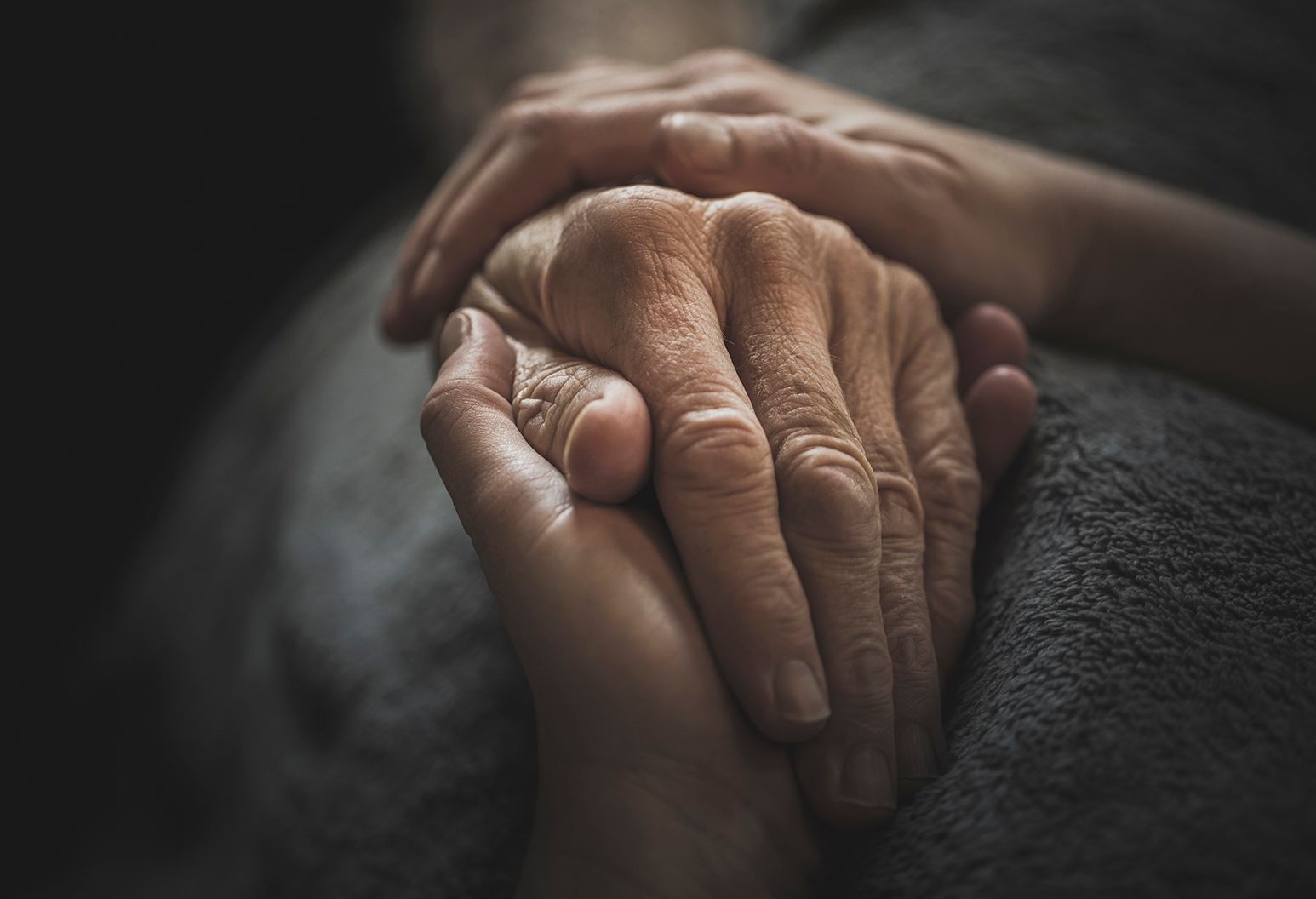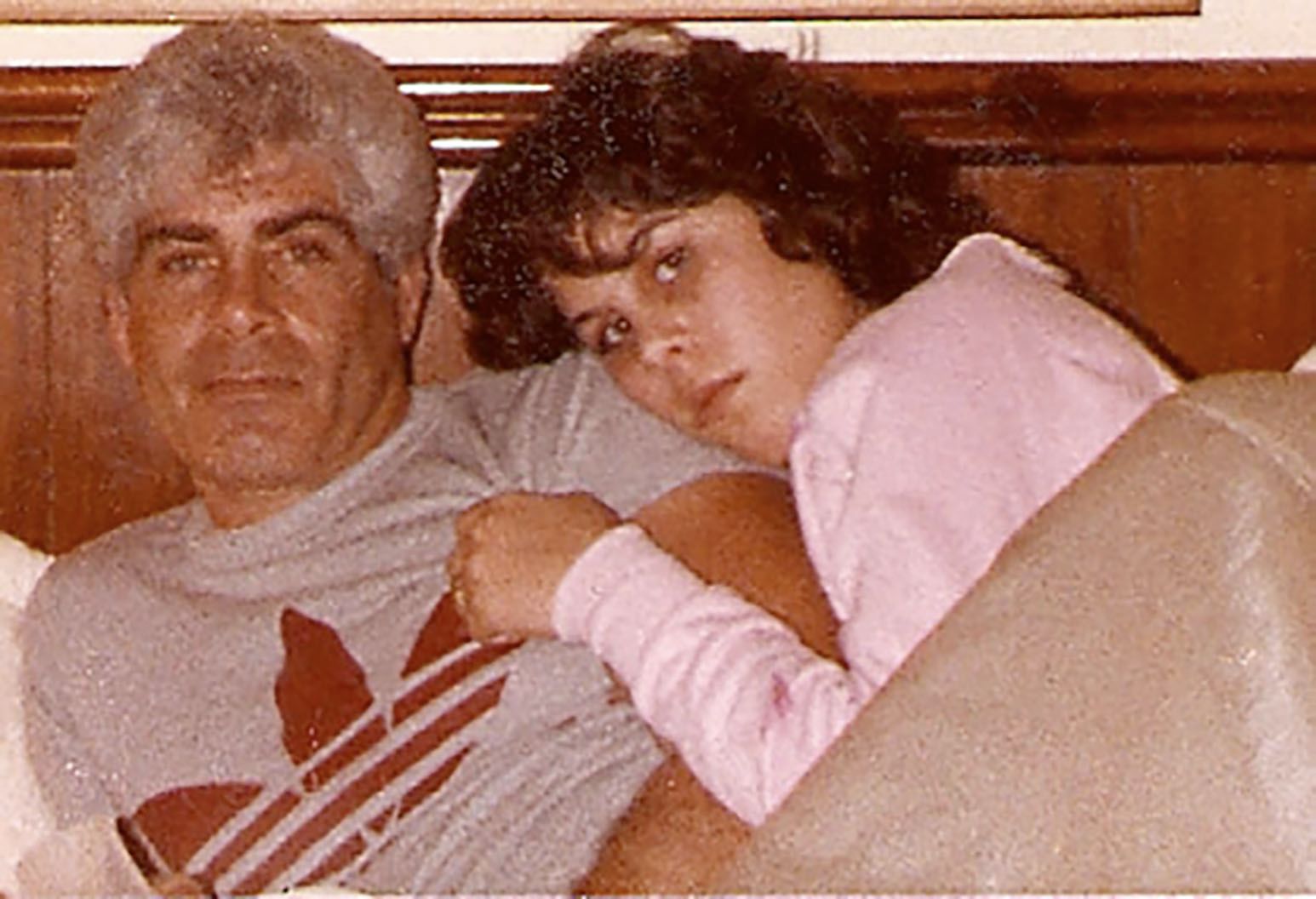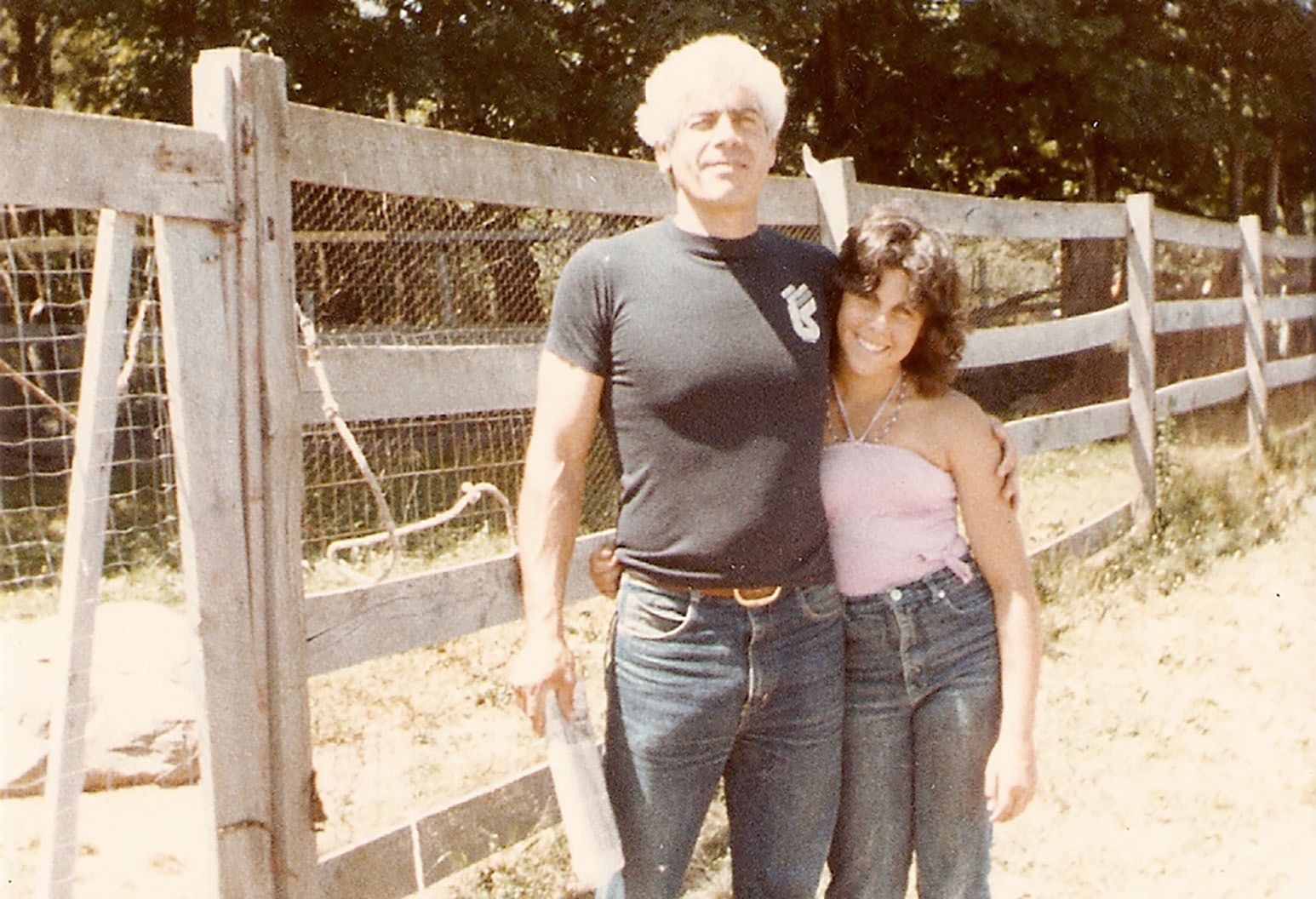caregiving
What To Expect When A Loved One Is Dying

And caring for him is as hard as you would think.
6 min read
“High knees!” the instructor yells as I huff, my own knees barely maintaining knee level. Pushing my body today feels like dragging a wet dog from a pool. Still, I commit best I can, hoping that any sweat expelled might also release the negative energy of this past week and make me feel somewhat better, at least after the torturous hourlong class ends.
“Now jab and hook! Imagine you’re punching someone out,” she shouts; a surprisingly big voice from an annoyingly small body. Immediately the pained face of my depressed and disabled father flashes before me. We had a week that makes me want to cry and roll my eyes simultaneously since almost every week is “a week.”
Monday finds him in a barely conscious slump, with my daily 11:30am phone call waking him from a heavy, pharmaceutically enhanced sleep. "Good morning!" I chirp, with excessive enthusiasm, “Today’s a nice day to sit outside for a bit!” But his answer fades off into dreamy deflations of nonsense.
On Tuesday he misses an important doctor appointment. It’s the second time this month, for the second month in a row.
Wednesday he puts off a visit to the senior center. Every week I fantasize that he will go and make an actual friend, but it’s been almost two years and a multitude of excuses why he doesn't—even though he swears he wants to.
On Thursday, he sends his home health aide away and tearfully conveys his deepest thanks to me for being the only person who gives him a reason to live.
Friday, agitated and in pain, he pushes my buttons so hard that I take the bait and push back, winding up the crazy lady screaming into her phone on the school pick up line.
And then yesterday.
Details aside, yesterday ended with him leaving my house a sniveling, snotty mess. Angry—at me, the world, and himself. But I was angry too so all I did was hand him a box of tissues as he painfully crouched his bent body into his ex-wife’s (my mother’s) car for a ride home. The intended nice afternoon watching my son play baseball and then hanging out at my house spiraled out of control as it almost always does into an emotional tornado.
When I was a child, my dad was a hero—beautiful, charming, funny. He told silly stories at my bedside, played tickle monster and elaborate games of hide and seek. He was Popeye strong and I rode his broad shoulders proudly. It didn’t matter to me if he spent an abnormal amount of days in bed. Sometimes I’d walk over his unconscious, inebriated body sprawled out on our hallway floor like a balance beam. It was all a game.
When I was 10 years old, my parents divorced and my father lived in a string of dark, run down apartments; mattresses on the floor, clutter and liquor bottles casually strewn like garbage was décor. And while he may not have fulfilled his obligations for child support for me and my brother, he always showed up for movie and arcade weekends. It was easy to convince my young, insecure self that it was all normal and OK.

But by my 20s, there was no more pretending. He had a failed back operation, some elusive virus called “Epstein Barr” and the start of his pharmaceutical dependency for chronic pain and depression. His life deteriorated. He dropped friends, friends dropped him, and soon there was almost no one left.
He was either up and full of excitement or down and full of despair. From helpless and hopeless to anger and blame. There was no consistency and he tended toward self-sabotage—eating before a surgery, lashing out at visiting nurses, oversleeping for doctor appointments weeks in the making, and throwing out aide after aide after aide. He mismanaged his medications and often nodded off during sentences, sometimes while standing up. I’d follow him around as he staggered incoherent and try to steady him against a fall. I’d visit at hospitals, do mounds of paperwork, move him from place to place. Defend him, support him, assist him. He had no one, but he always had me.

Mental illness means that what makes sense one day makes no sense the next. A breakthrough conversation, achieved after hours of sorting through emotional layers, disappears with a nap; a plan of action never moves from the recliner; a new organizational system gets filed under forgotten. And we begin anew, always in the same place.
Decades later, married and with three children of my own, I’m still here every day trying to help my dad. But wanting to help doesn’t always mean that you do. Some days there is just no winning. We’re a bunch of losers, I think as I jab and hook, looking right through my reflection in the mirror, and seeing flashes of my mother in the funky patterned activewear pants she bought me and which match her own.
I took the class this morning to get my blood moving and hopefully lift myself from this funk, to find renewed strength to shoulder this responsibility, this burden, this sad human tragedy who used to be my "dad,” but for years has been my “father,” a wall of a difference.
Yet, when the instructor commands us to dig deep and jab as hard as we can, I immediately envision his face and the amassed stress and frustration I feel makes me want to punch him. I jab, tears pricking my eyes. But I can’t. His face is long, his body already broken. His green eyes look back at me and they are mine.
Taking a deep breath, I center myself. I am only one of so many daughters and sons of a rising “sandwich generation” who struggle every day when the needs of their children compete with the needs of their sick or aging parent. And like so many of them, I am sometimes overwhelmed and depressed, knowing that even though I’m doing my best, my best might never feel good enough.
Still, I know this is only a moment and it will pass. I will focus on all the good – my children, husband, ice cream, classes like this. I will take care of myself, my family, and try to help him. I can take it.
I’m a fighter.
The Well is Northwell Health’s commitment to the future of health care. In this time of information overabundance, much of which is inaccurate, unhelpful, or even difficult to understand, Northwell Health is on a mission to make a difference as an honest, trusted, and caring partner. The site connects with consumers to provide them with personalized content that reduces their stress, makes them laugh, and ultimately feel more confident and capable on their healthcare journey.